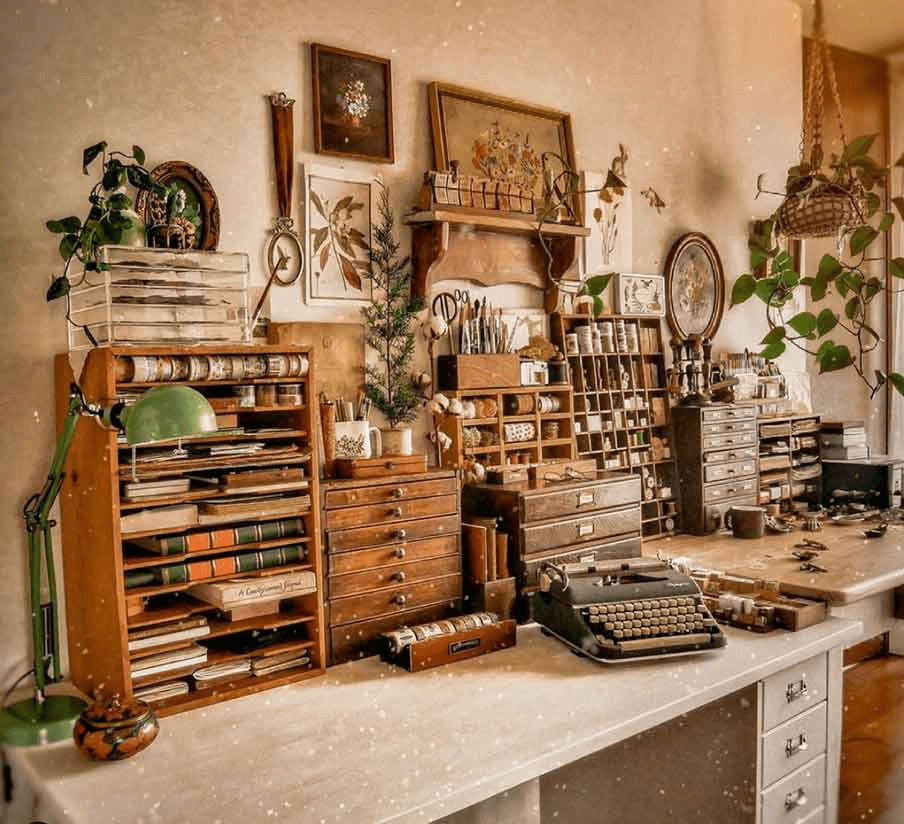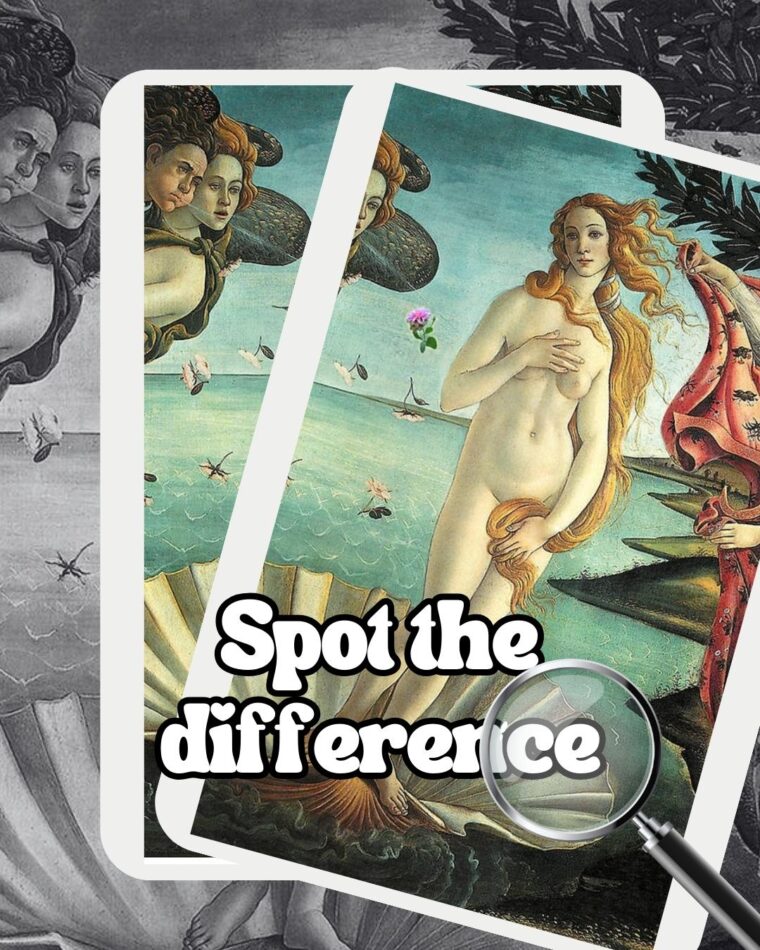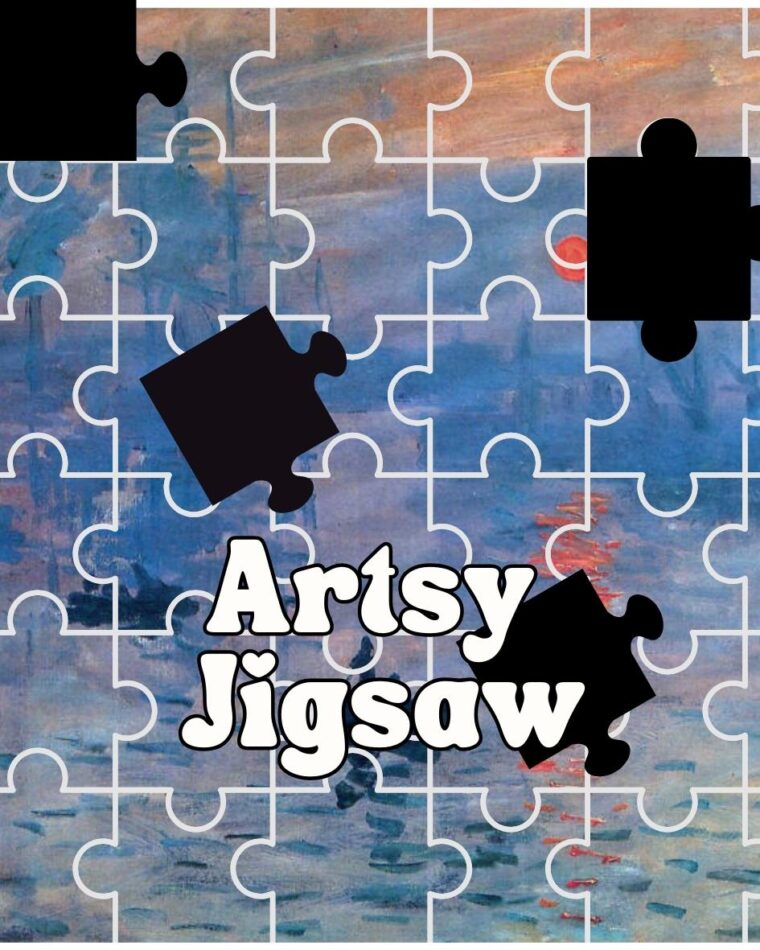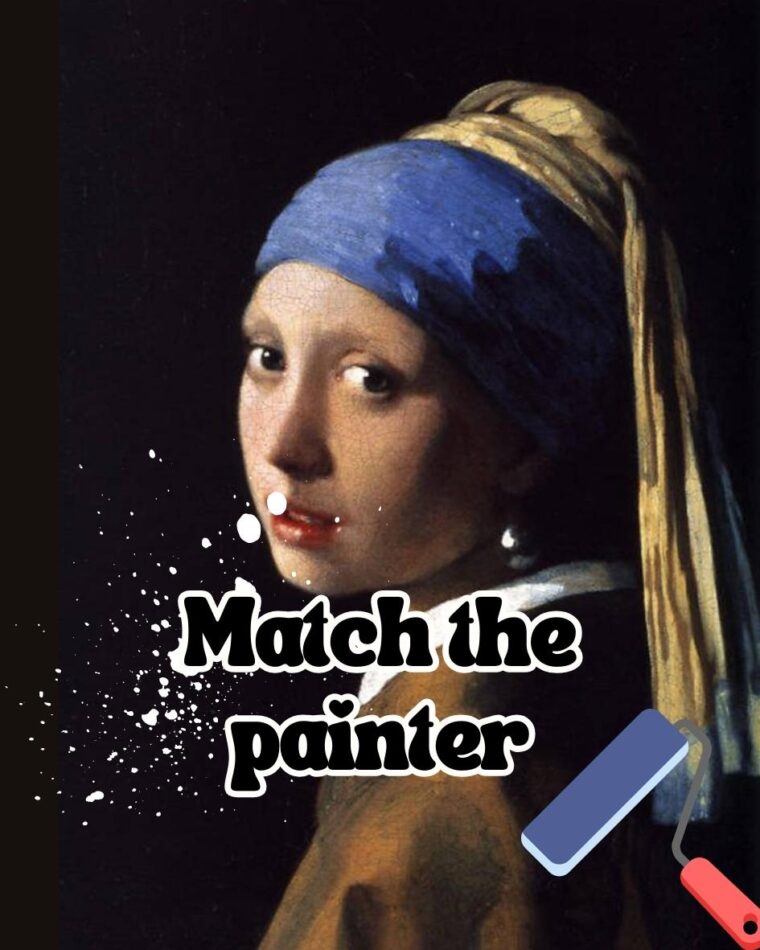
Online Websites To List Your Art For Sale In 2023


Are you an emerging artist looking for ways to showcase your art and make a name for yourself in the online world? Look no further! Online websites are the perfect platform to list your art for sale and gain exposure. With so many options available, it can be overwhelming to choose which ones to use.
In this blog post, we’ve compiled a list of top-rated online websites to list your art for sale that cater specifically to emerging artists. So get ready to unleash your creativity and take advantage of these amazing opportunities!
But before that let me explain to you
Why list your art for sale online?
Online websites are becoming a popular way to list art for sale. There are a number of reasons why this might be the case.
- First, online galleries can reach a larger audience than traditional galleries.
- Second, online galleries can be more accessible and responsive to buyers.
- Third, online galleries can offer buyers a greater selection of art than traditional galleries.
- Fourth, online galleries can offer buyers an opportunity to buy art that is not available in their local area.
- Fifth, online auctions allow buyers and sellers to interact directly with each other.
- Sixth, online listings can help artists build their brand and increase their exposure.
- Finally, online listings can generate traffic that may lead to sales opportunities offline.
Online Websites To List Your Art For Sale
There are many online websites that list art for sale. The most popular of these websites are Artfinder and Artnet. These websites allow artists to post their work for sale and receive bids from buyers.
The advantages of using these websites are that they are both user-friendly and relatively affordable. In addition, buyers can contact the artists to discuss their purchases or ask questions about the artwork. Finally, these websites offer a wide range of artwork, so buyers can find whatever they are looking for.
Besides these two there are many online websites where you can list your art for sale. some of them are as follows:
One of the best ways to expand your reach and make sure more people know about your art is to list it in an online marketplace. Online marketplaces are great because they offer worldwide exposure, often provide online payment processing, and allow you to set up shop quickly without needing any special web development skills. Plus, many online art marketplaces also provide additional services such as marketing support, customer service teams, and analytics tools that help track data on what’s bringing in customers.
Saatchi Art and Artsy
The two largest online art marketplaces are Saatchi Art and Artsy. Both have millions of monthly visitors from around the world who are eager to discover new artwork. Saatchi Art allows artists from over 100 countries to list their work for sale on its platform; Artsy offers similar listings for galleries and individual artists alike.
If you want to join an established platform with plenty of foot traffic but don’t want to pay listing fees or commissions, there are also several smaller marketplaces which are as follows:
eBay
One of the first places that come to mind when thinking about listing your art for sale is eBay, one of the largest online marketplaces in the world. Offering a wide range of products from clothing and electronics to cars and antiques, eBay has something for everyone. As an artist, you can create a Seller’s Account and list your work in either its Art & Collectibles or Crafts categories – both offering plenty of space for sellers to showcase their products. It’s also relatively easy to set up shop; simply create a profile page (which allows buyers to learn more about you as an artist), upload photos, write descriptions, and set prices and shipping fees – then wait for bids.
Etsy:
Another great option is Etsy, which focuses solely on handmade items like crafts, jewelry, and home décor. It offers two shop types: Standard (free) or Plus ($10 USD per month). With either choice comes to access to tools that help optimize your shop so buyers can easily find it; such as customizing tags or titles (to increase visibility in search results). Moreover, Etsy provides useful tips on how best to market yourself by writing enticing product descriptions that explain why someone should buy from you over someone else.
Socity6:
If you’re looking for something more unique than the typical marketplace approach then consider Society6 – an American e-commerce website that prints artwork on items like mugs and throw pillows. After signing up with them as an artist you have complete control over everything – from setting prices for each item individually depending on size or material used – right down to choosing commissions offered per sale (between 10%–50%). This makes Society6 a great choice if you want passive income through sales without having to invest time into marketing yourself or dealing with customer service inquiries; they take care of all those tasks while giving you a 70% royalty rate!
500px:
For those wanting maximum exposure then 500px might be just what you need; it boasts 40 million monthly visitors who come not only to shop but also get inspired by some of the world’s best digital artworks including photography and digital painting. This makes it one of the biggest markets ever created specifically for photographers, illustrators, and painters alike seeking wider recognition amongst fellow creatives – plus they offer competitive rates too.
How to make your website stand out from the competition
If you want to make your website stand out from the competition, one thing you can do is feature artwork from emerging artists. This is a great way to attract attention and potential buyers, and it’s also a great way to show your support for new talent. Here are some tips on how to do this:
- Make sure your website design reflects the art you’re featuring. If you’re showcasing work by established artists, use traditional gallery-style designs and fonts. If you’re featuring work by up-and-coming artists, go with more experimental designs and fonts.
- Be sure to include plenty of high-resolution images of the artwork. Not only will this help buyers see the quality of the pieces, but it will also give your website a more polished look.
- Make sure all of the information about the artwork is easy to find. Include title tags, descriptions, prices, and contact information for both buyers and sellers in each piece of art featured on your website. This will make it easy for people to find what they’re looking for and connect with the artists involved.
- Keep an eye on trends in online art sales; adjust your strategy as needed in order to stay ahead of the curve. For example, if popular sites are starting to feature more contemporary art than traditional artwork, you might want to focus on that style instead. Or maybe incorporating live auctions into your site content
Tips for getting your art listed on an online website
- When thinking about where to list your art, consider online websites first. Websites like Artfinder and Artnet offer a wide range of options for artists, including categories such as fine art, photography, and contemporary art. In addition to listing your artwork for sale, many sites also offer submission services, allowing you to easily populate your gallery with new pieces.
- Once you have decided on a website, be sure to create a strong portfolio page that showcases your best work. Include information about the size and format of your images, as well as any accompanying text or notes. Also, make sure to include links to other online galleries and commercial websites that might be interested in featuring your work.
- Always keep updated on current trends and industry changes by reading relevant online resources and attending art trade shows. This will help you stay ahead of the competition and increase the chances that your artwork will be featured in popular online galleries.
How to promote your art on an online website
Online websites offer a great way to promote your art and sell your work. There are many online marketplaces where you can list your work for sale, and many of these websites accept submissions from emerging artists.
One of the most popular online marketplaces for selling art is Etsy, which is owned by eBay. Etsy offers a variety of features that make it an ideal platform for selling art, including a built-in marketplace, search capabilities, and user-generated reviews.
Another popular online marketplace for selling art is Artfire, which was founded in 2007 and operates in more than 20 countries. Artfire offers a wide range of features, including a built-in gallery system that allows artists to manage their work portfolio on one site, as well as an auction feature that lets buyers purchase works at fixed prices.
There are also numerous other online marketplaces that offer submission services to emerging artists. If you do not have your own website or web design company to handle the submission process, many of these marketplaces offer free submission platforms that allow you to submit your artwork directly to the website.
Looking for an online website to list your art for sale? Emerging artists have the perfect solution. By listing their work on Artfinder, they can reach a larger audience and potentially earn more money. Not only that, but Artfinder is a user-friendly platform that makes selling your art easy. So if you’re ready to take your career to the next level, check out Artfinder today!
So this was all from my side for today and I hope that these simple tips will help you in making a personalized art space for yourself. Along with this if you are interested in knowing about can your inner child help you in being the best version of yourself as an artist then you should definitely listen to our podcast with Ruby Wright. Trust me this episode will leave you inspired in so many ways that you can’t even imagine. The link to the youtube episode of How can your inner child make you a better artist is here.
With this, I will take your leave and will see you with another article real soon. Till then keep creating the magic that you do. Goodbye!
Image Source:

















Comments 10